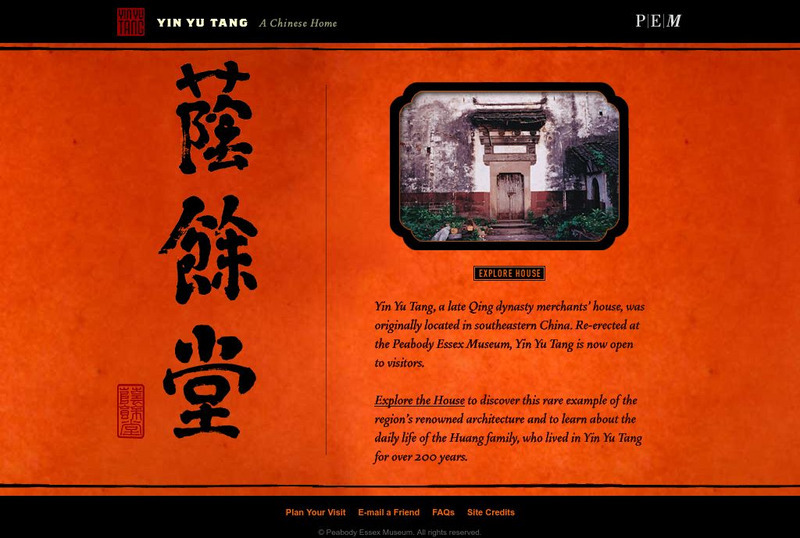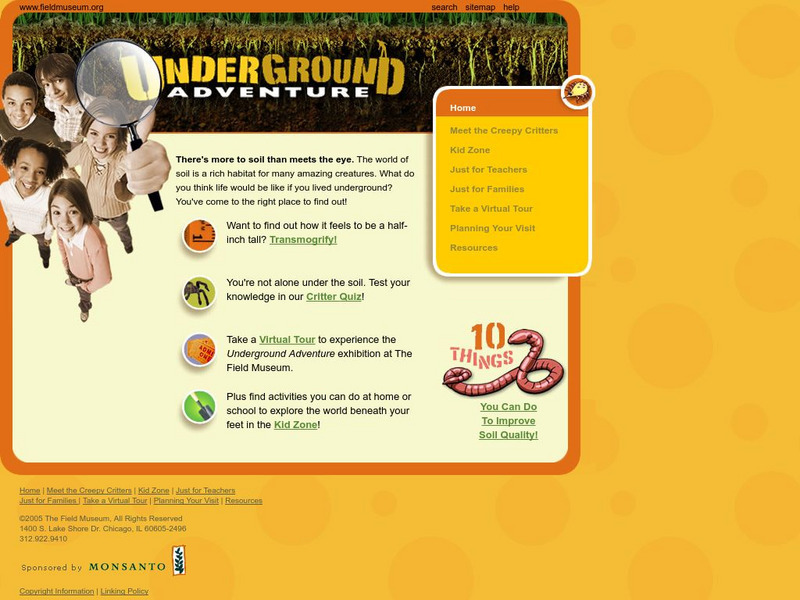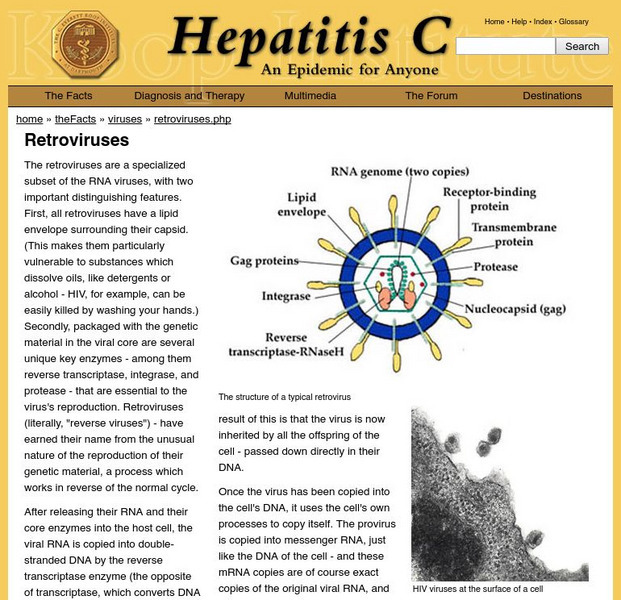The BIG zoo
The Big Zoo: Grevy's Zebra (Equus Grevyi)
A site with information about Grevy's Zebra. Content focuses on this animal's diet, habitat, social structure, reproduction, and good eyesight. A video clip is also included.
Peabody Essex Museum
Peabody Essex Museum: A Late Qing Dynasty Home
A multimedia-rich exhibition that explores the traditional Chinese home of the Huang family. With excellent photographs and cross-sections of the structure of the home and its surroundings. Includes a fascinating genealogy of the family...
PBS
Pbs Learning Media: Molly of Denali: Fish Camp Game
Use this Molly of Denali digital game to extend and expand students' use of informational text as well as their knowledge of Alaska Native culture.
PBS
Pbs Learning Media: Molly of Denali: Sled Dog Dash Game
Use this Molly of Denali digital game to extend and expand children's use of informational text, as well as their knowledge of Alaska Native culture. Molly and her friend Tooey use a fictional app to access information that will help...
PBS
Pbs Learning Media: Molly of Denali: Beading Art Game
Use this Molly of Denali digital game to extend and expand students' use of informational text, as well as their knowledge of Alaska Native culture. In this game, Molly shows players how to make various beading designs using the...
Countries and Their Cultures
Countries and Their Cultures: Alur
The Alur speak DhuAlur, a Western Nilotic language of the Lwo Group. They live in northwestern Uganda and in the neighboring parts of northeastern Zaire. Some two-fifths of the Alur live in Uganda and three-fifths in Zaire. The family is...
The Field Museum
Field Museum: Exhibits: Underground Adventure
The Chicago Field Museum provides a comprehensive soil education project covering topics such as soil structure and organisms living underground. Students can use the site for research or do the full-blown project, where they establish a...
Alabama Learning Exchange
Alex: Those Cells Look Good Enough to Eat.
This is a student led activity utilizing visualization and association to memorize the parts of animal and plant cells. Students will work cooperatively to develop drawings to connect the parts of cells to one of their favorite things:...
Dartmouth College
Dartmouth College: Retroviruses
A good description of a particular family of viruses. Of interest due to the fact that AIDS is probably caused by a retrovirus.
Dartmouth College
Dartmouth College: Epidemic: Rna Viruses
A good page devoted to the RNA family of viruses that differ slightly from standard DNA viruses. Discusses the difference and characteristics of such viruses.
Wolters Kluwer
Sole Proprietorships, Partnerships and Ll Cs Are Commonly Used Entities
Article that looks at three types of business structures - sole proprietorships, partnerships and limited liability companies - and what the tax and non-tax implications are for each.
Alabama Learning Exchange
Alex: Edible Cell
As part of the study on Life Processes, the students will watch a video clip at Cells Alive to see a model of the cell and its components. The students will use edible products to create an animal cell. Each product will represent a...
PBS
Nh Pbs: Nature Works: Moose
The moose is the largest member of the deer family and the largest mammal in North America. Students will find information on its range, habitat, life cycle, behavior, and diet.
Alabama Learning Exchange
Alex: Dna Technology Project
Students will research current uses for DNA technology. Students identify a variety of ways that DNA technology can be used. Finally, the students create a DNA Technology project using technology. This lesson plan was created as a result...
ReadWriteThink
Read Write Think: Using Poetry to Teach Reading & Writing
Lesson plan makes use of weekly poems for students to read, discuss, and study. Students compile a poetry portfolio to use for further learning in reading and writing, as well as engaging in interactive activities such as creative poetry...
Scholastic
Scholastic: Professional Development Tutorial: Increasing Vocabulary
This tutorial is a sample lesson plan from a Scholastic Red session on vocabulary development.
Environmental Chemistry
Periodic Table of Elements: Gallium
A very detailed look at the element Gallium, a member of the Boron Group.
Environmental Chemistry
Periodic Table of Elements: Indium
A very detailed look at the element Indium, a member of the Boron Group.
Environmental Chemistry
Periodic Table of Elements: Thallium
A very detailed look at the element Thallium, a member of the Boron Group.
Stephen Byrne
History for Kids: Egyptian Families
Reference for elementary students on the structure of marriage and family in ancient Egypt. With links to activities, quizzes and worksheets.
Stephen Byrne
History for Kids: Ancient Roman Families
History written for elementary students to learn about families of ancient Rome and how they were structured. Students can get a sense of the relationship between family members, including slaves and elders.
Other
International Wolf Center: Wolf Families
An effective site that begins with the definition of a pack and touches on a number of family dynamics such as the role of the parents and the development and growth of pups.
ClassFlow
Class Flow: Families
[Free Registration/Login Required] Simple flipchart on families. Contains a graph, link to a story, and reading graphic organizer.
Forum Romanum
Outlines of Roman History: Institutions of Early Rome: The Early Roman Society
The importance of family in Roman culture was apparent from the beginning of Rome. This article explains the structure of Roman society from the basic family unit to the tribe, a coalition of many families.
















